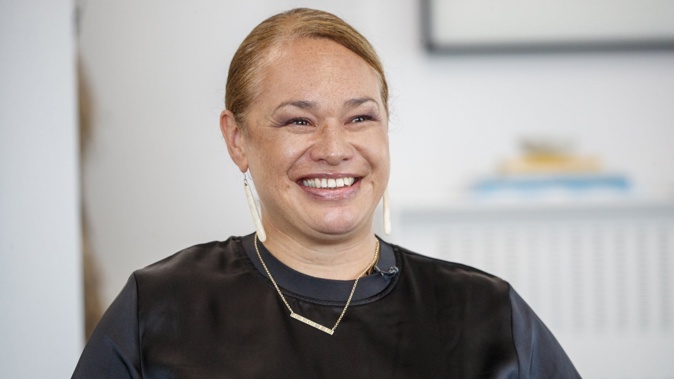PHOTO: Self-described ‘Property Queen’ Nikki Connors. FILE
In the dynamic world of real estate, success stories often capture headlines, but the pitfalls and challenges faced by entrepreneurs in the industry receive less attention. The recent news surrounding the potential liquidation of a prominent figure in New Zealand’s property market, Nikki Connors serves as a stark reminder of the risks and uncertainties inherent in entrepreneurial endeavors.
IR applies to put two more companies linked to Nikki Connors into liquidation
The subject of the latest scrutiny is none other than the self-proclaimed “Property Queen” and founder of several property investment companies, whose ventures have captured both admiration and controversy over the years. With a history marked by high-profile deals and legal battles, her entrepreneurial journey epitomizes the rollercoaster ride that many individuals face in the pursuit of success.
According to reports from reputable sources like the National Business Review (NBR), the Property Queen is once again embroiled in legal troubles, with a fresh application for her companies’ liquidation looming large. This development underscores the precarious nature of her business empire and raises questions about the sustainability of her ambitious ventures.
While the specifics of the current situation remain under wraps, the underlying factors contributing to this predicament are likely multifaceted. In an industry characterized by fierce competition, economic volatility, and regulatory complexities, even the most seasoned entrepreneurs can find themselves grappling with unforeseen challenges.
One possible contributing factor to the Property Queen’s woes could be the inherent risks associated with leveraging debt to finance ambitious real estate projects. As property markets fluctuate and economic conditions evolve, overleveraging can quickly turn a promising venture into a financial quagmire, leaving entrepreneurs vulnerable to creditors and legal action.
Moreover, the intricacies of property development, including zoning regulations, construction delays, and market demand fluctuations, can introduce further complications into the equation. Even the most meticulously planned projects can encounter setbacks, testing the resilience and resourcefulness of entrepreneurs.
Beyond the financial and operational challenges, the Property Queen’s saga also shines a spotlight on the importance of transparency and ethical conduct in business dealings. In an industry where trust and credibility are paramount, allegations of misconduct or legal disputes can tarnish one’s reputation and erode investor confidence.
Nevertheless, amidst the gloom and uncertainty, there are valuable lessons to be gleaned from the Property Queen’s tumultuous journey. Firstly, prudent risk management and financial discipline are essential for navigating the volatile terrain of real estate entrepreneurship. Diligent due diligence, conservative leverage, and contingency planning can help mitigate potential pitfalls and safeguard against unforeseen crises.
Secondly, maintaining integrity and upholding ethical standards should be non-negotiable principles in business conduct. Honesty, transparency, and accountability not only foster trust and credibility but also serve as a shield against reputational damage in times of adversity.
Lastly, resilience and adaptability are indispensable qualities for weathering storms and overcoming setbacks in the entrepreneurial journey. As setbacks mount and challenges loom large, it is the ability to pivot, innovate, and persevere that separates the successful entrepreneurs from the disillusioned dreamers.











